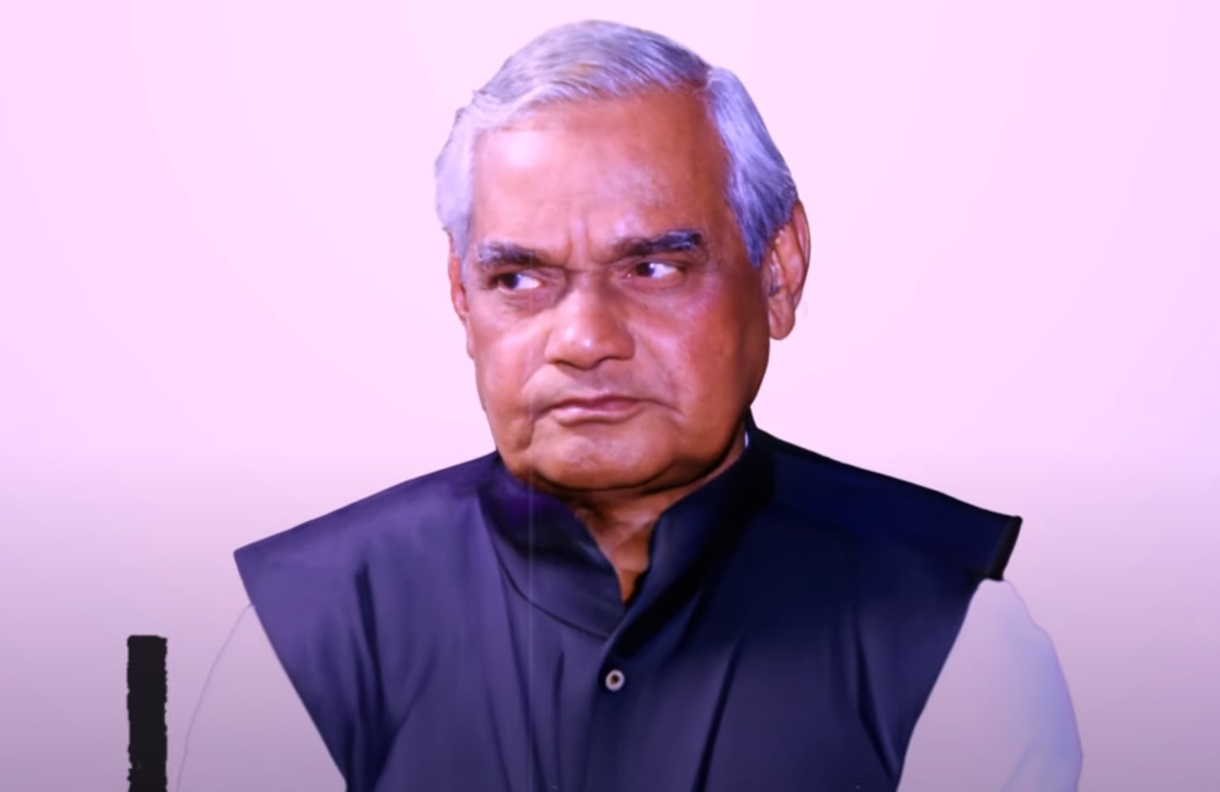Atal Bihari Vajpayee: Architect of India’s Transformation
India, a nation of myriad cultures and diversities, witnessed an era of transformative leadership under Atal Bihari Vajpayee. Born on December 25, 1924, in Gwalior, Vajpayee emerged as a prominent political figure, leaving an indelible mark on the country’s socio-political landscape. His journey, spanning over six decades, reflects resilience, statesmanship, and a commitment to national development.
Early Life and Political Initiation: Vajpayee’s foray into politics began during his student days. His oratory skills and commitment to societal issues led him to join the Rashtriya Swayamsevak Sangh (RSS). Over time, he became associated with the Bharatiya Jana Sangh, the political arm of the RSS. Vajpayee’s political acumen and eloquence quickly propelled him into leadership roles.
Parliamentary Stalwart: Vajpayee’s journey in Parliament started in 1957 when he was elected as a Member of Parliament. His speeches were marked by a rare blend of wit, wisdom, and a deep understanding of the country’s challenges. In 1977, he played a pivotal role in the formation of the Janata Party government, serving as the External Affairs Minister.
Bharatiya Janata Party (BJP): The Janata Party era was short-lived, and internal differences led to its disintegration. Vajpayee, undeterred, played a pivotal role in the formation of the Bharatiya Janata Party (BJP) in 1980. The party emerged as a prominent force in Indian politics, with Vajpayee serving as its face and guiding force.
Journey to Prime Ministership: Vajpayee’s first stint as Prime Minister was in 1996, albeit for a brief period. His second term, from 1998 to 2004, marked a defining phase for India. The historic nuclear tests in Pokhran in 1998 showcased India’s commitment to strategic self-reliance under his leadership.
Economic Reforms and Infrastructure Development: The Vajpayee era witnessed significant economic reforms. His government focused on liberalizing the economy, encouraging foreign investment, and privatizing state-owned enterprises. The Golden Quadrilateral project, aimed at connecting major cities through a network of highways, exemplified Vajpayee’s commitment to infrastructure development.
Foreign Policy and Global Recognition: Vajpayee’s diplomatic initiatives contributed to India’s growing stature on the global stage. His efforts to improve relations with neighboring countries, including the Lahore Summit with Pakistan in 1999, showcased his commitment to regional peace. The strategic partnership with the United States further strengthened India’s position in international affairs.
Kargil War and National Security: The Kargil War in 1999 tested Vajpayee’s leadership. His resolute response to the intrusion in the Kargil region demonstrated a commitment to national security. The successful conclusion of the conflict bolstered Vajpayee’s image as a leader who prioritized the nation’s defense.
Coalition Politics and Governance: Vajpayee’s tenure was marked by coalition politics, requiring adept negotiation skills. His ability to manage diverse alliances and navigate the intricacies of coalition governance contributed to the stability of his government.
The Poet in Politics: Apart from his political acumen, Vajpayee was also an accomplished poet. His literary works, infused with deep reflections on life and politics, showcased a softer side of the statesman. His poems resonated with people, transcending political boundaries.
Legacy and Recognition: Vajpayee’s contributions to Indian politics have earned him widespread respect. His government’s focus on inclusive development, economic reforms, and strategic initiatives laid the foundation for India’s progress in the 21st century. In 2014, he was posthumously awarded the Bharat Ratna, India’s highest civilian honor.
Conclusion: Atal Bihari Vajpayee’s leadership exemplifies the essence of transformative governance. His legacy is not confined to a particular political ideology but transcends partisan lines, representing a statesman who dedicated his life to the service of the nation. As India continues on its journey of growth and development, Vajpayee’s vision and contributions remain integral to the nation’s narrative.

